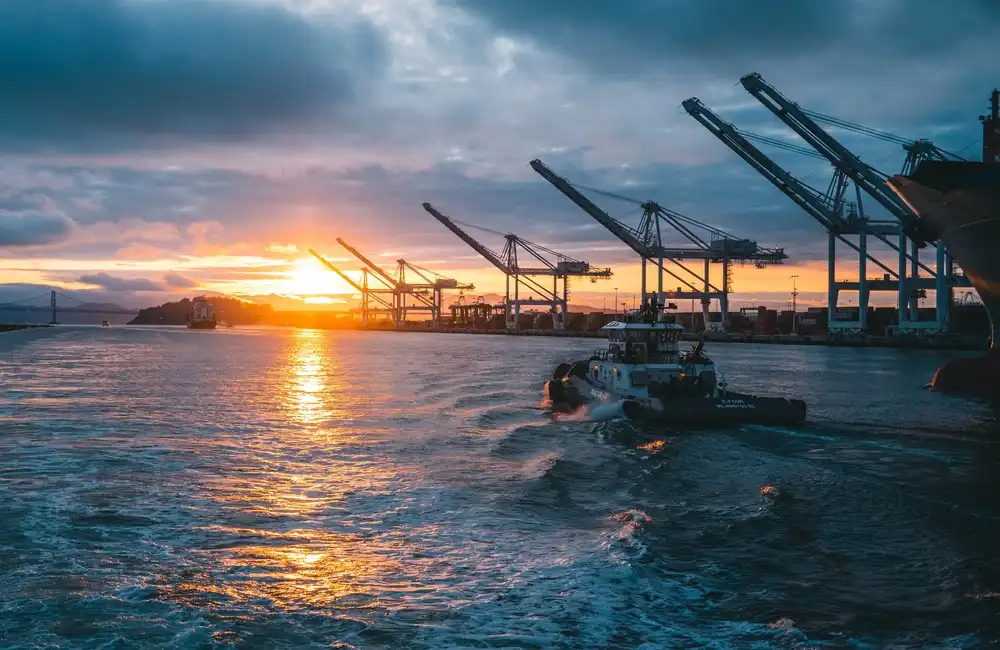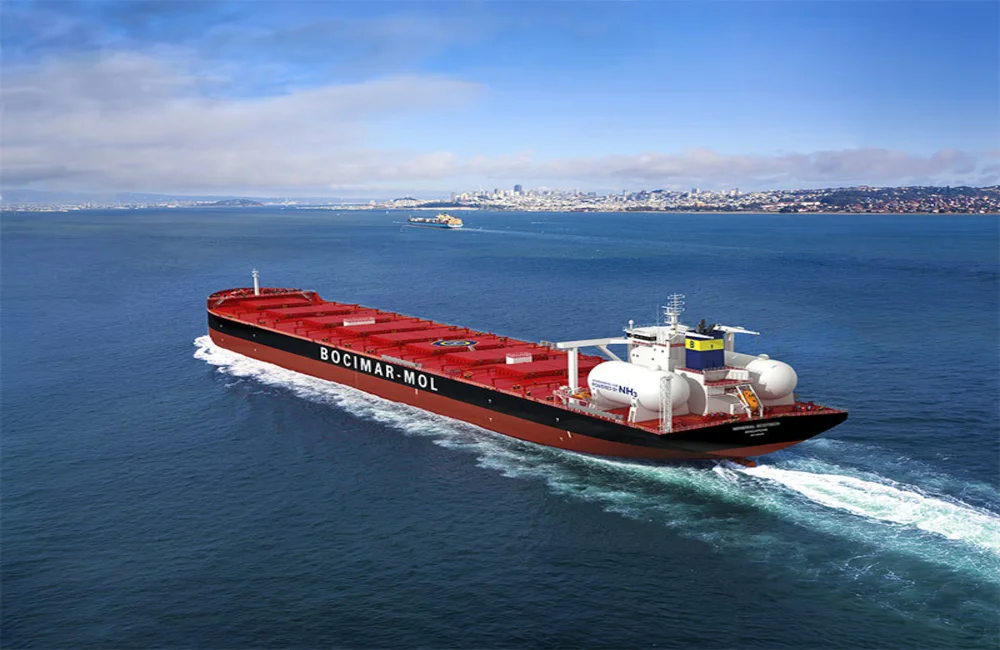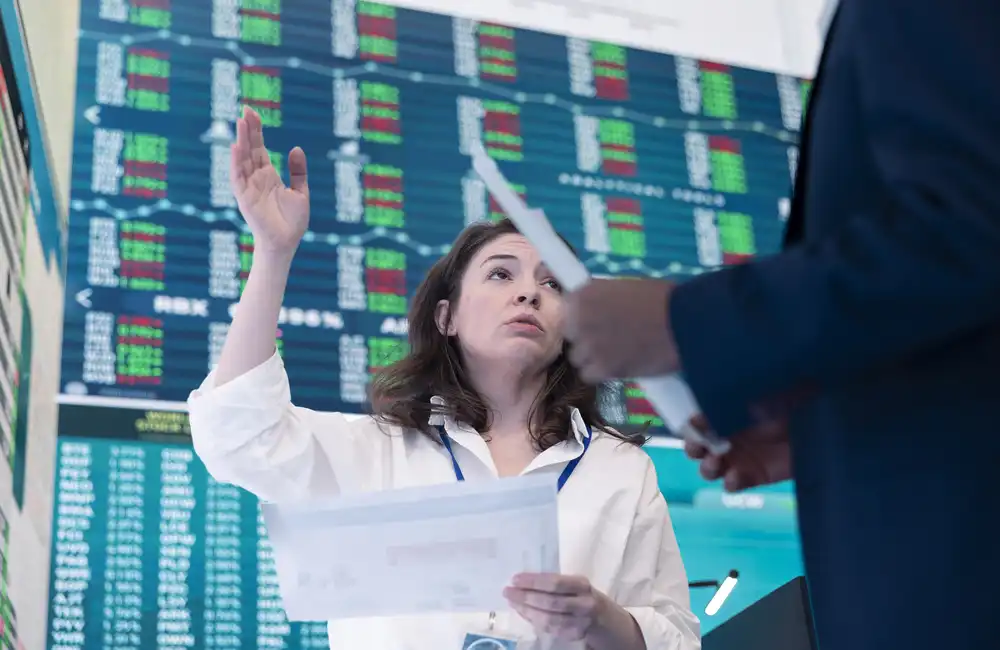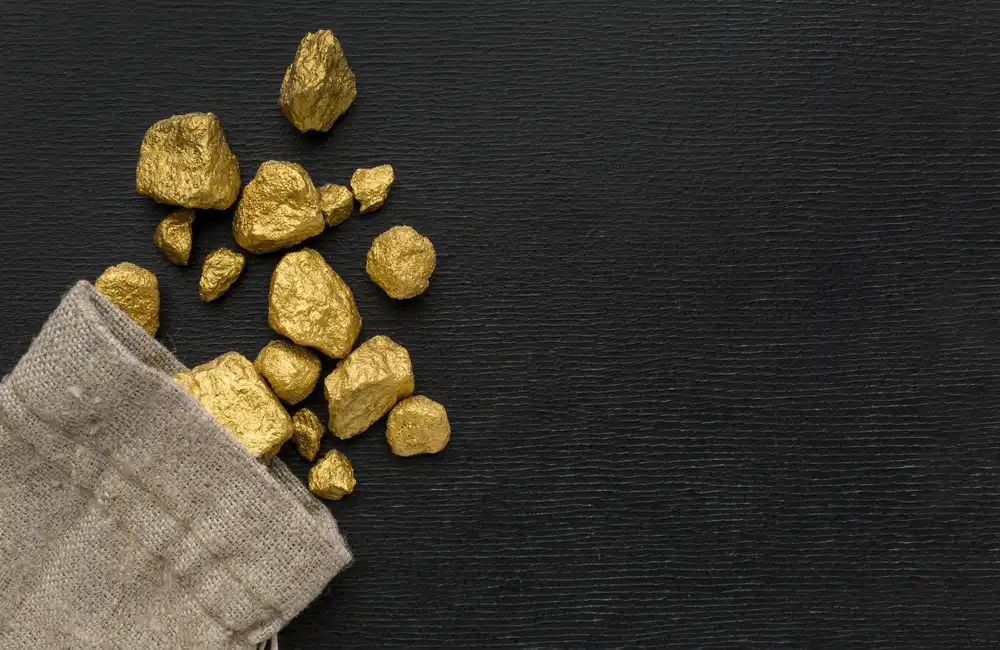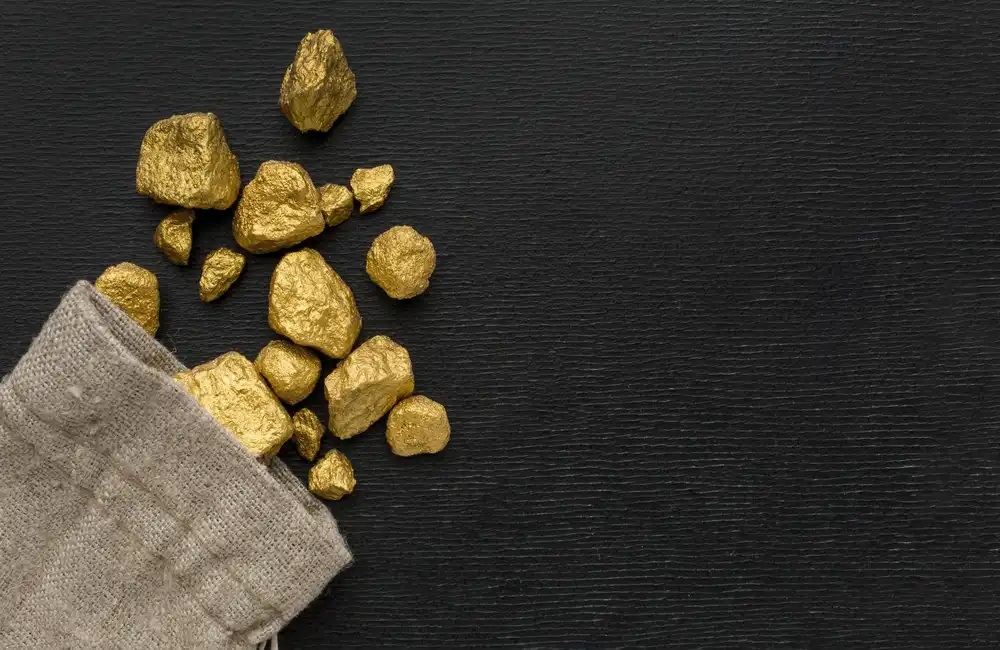The world's first pure battery tanker, Asahi, has undertaken her first bunkering operation on a MOL-operated car carrier, allowing both Japan's Mitsui O.S.K. Lines and Japanese ship owner Asahi Tanker to accelerate their cooperation in achieving their goal of reducing greenhouse gas emissions.
The tanker, owned by Asahi Tanker, had exclusively run on electricity and was carrying fuel from the MOL-operated vehicle carrier Victorious Ace at the Daikoku Pier C-1 Wharf in Yokohama, the two companies said in a statement April 27.
Asahi's high-capacity lithium-ion batteries supported every stage in its operations such as loading/unloading, berthing, unberthing, and navigating. That assisted with producing zero GHG release from the boat and decreasing crewmembers' work by minimizing the need to maintain the engines.
MOL Initiatives
The latest move comes as part of MOL Group Environmental Vision 2.1, under which MOL works towards sustainable net-zero GHG emissions and has been contributing to a low-carbon society. The company has also tested other initiatives in the past.
Last August, MOL said it aims to operate four 7,000-unit capacity car carriers powered primarily by LNG, as part of a plan for 90 LNG-fueled vessels by 2030.
In 2021, MOL also announced it was making progress with an agreement for the construction of very large gas carriers using liquefied petroleum gas (LPG) as fuel for transporting LPG and ammonia. In February, MOL said it had conducted a concept study on an ammonia floating storage and regasification unit and has started developing alternatives.
Speaking earlier, on Feb. 1, MOL said it had finished a hard sail system during construction at the Oshima shipyard as a part of its “Wind Challenger” project that uses wind as a propulsive force for merchant shipping.
MOL entered into an agreement in March with other shipping companies to construct Japan's first methanol domestic tanker. MOL announced earlier in April that MOL Chemical Tankers (MOLCT), a subsidiary of MOL, global commodity trading company Trafigura, and its vessel fuel supply joint-venture TFG Marine, signed an agreement for a joint study on the full-scale supply of biodiesel fuel.
Under the joint study, the companies performed a sea trial with TFG Marine-supplied biodiesel fuel on the MOLCT-operated chemical tanker Niseko Galaxy, MOL said, with the bunkering of around 200 mt of biodiesel fuel at the Port of Rotterdam, the Netherlands, earlier in March.
The biodiesel fuel use had been projected to attain a reduction of 25% to 30% in CO2 emissions with a mix of 30% biodiesel fuel and 70% typical heavy fuel oil, MOL had said.





